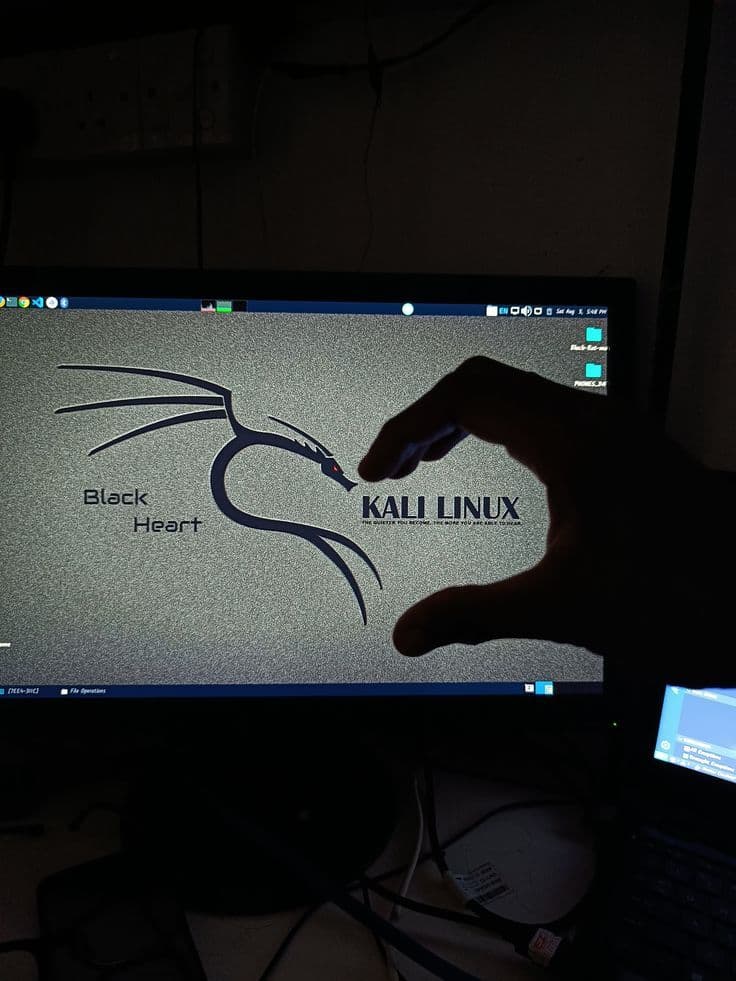
Cybersecurity
What is Cybersecurity?
Cybersecurity is the practice of protecting computer systems, networks, and data from digital attacks, unauthorized access, damage, or theft. It involves implementing measures to safeguard sensitive information and ensure the confidentiality, integrity, and availability of systems and data.

Coding?
What is Coding?
When you write code, you're essentially giving the computer a set of instructions on how to solve a problem or accomplish a task. These instructions could be simple (like adding two numbers) or complex (like running a video game or building a website). The code tells the computer what actions to take, in what order, and under what conditions.

Artificial Intelligence (AI)
What is Artificial Intelligence (AI)?
Artificial Intelligence (AI) refers to the simulation of human intelligence in machines that are programmed to think, learn, and perform tasks that usually require human intelligence. AI can analyze data, recognize patterns, make decisions, and even improve over time without human intervention.

Trading
What is Trading?
The process involves active involvement in financial markets, and traders must be familiar with market trends, price analysis, and economic indicators to make informed decisions. Traders use different strategies, tools, and techniques to anticipate future price movements, relying on both technical and fundamental analysis.

Data Analysis
What is Data Analysis?
Data analysis refers to the process of inspecting, cleaning, transforming, and modeling data to discover useful information, draw conclusions, and support decision-making. The goal of data analysis is to extract meaningful insights from raw data, which can then be used to inform decisions, make predictions, or improve processes.

Kalil Linux?
What is Kalil Linux?
Kali Linux is a powerful, open-source Linux-based operating system specifically designed for penetration testing, cybersecurity, and ethical hacking. Developed by Offensive Security, Kali Linux comes pre-installed with a wide range of tools used for network analysis, vulnerability assessment, and digital forensics.